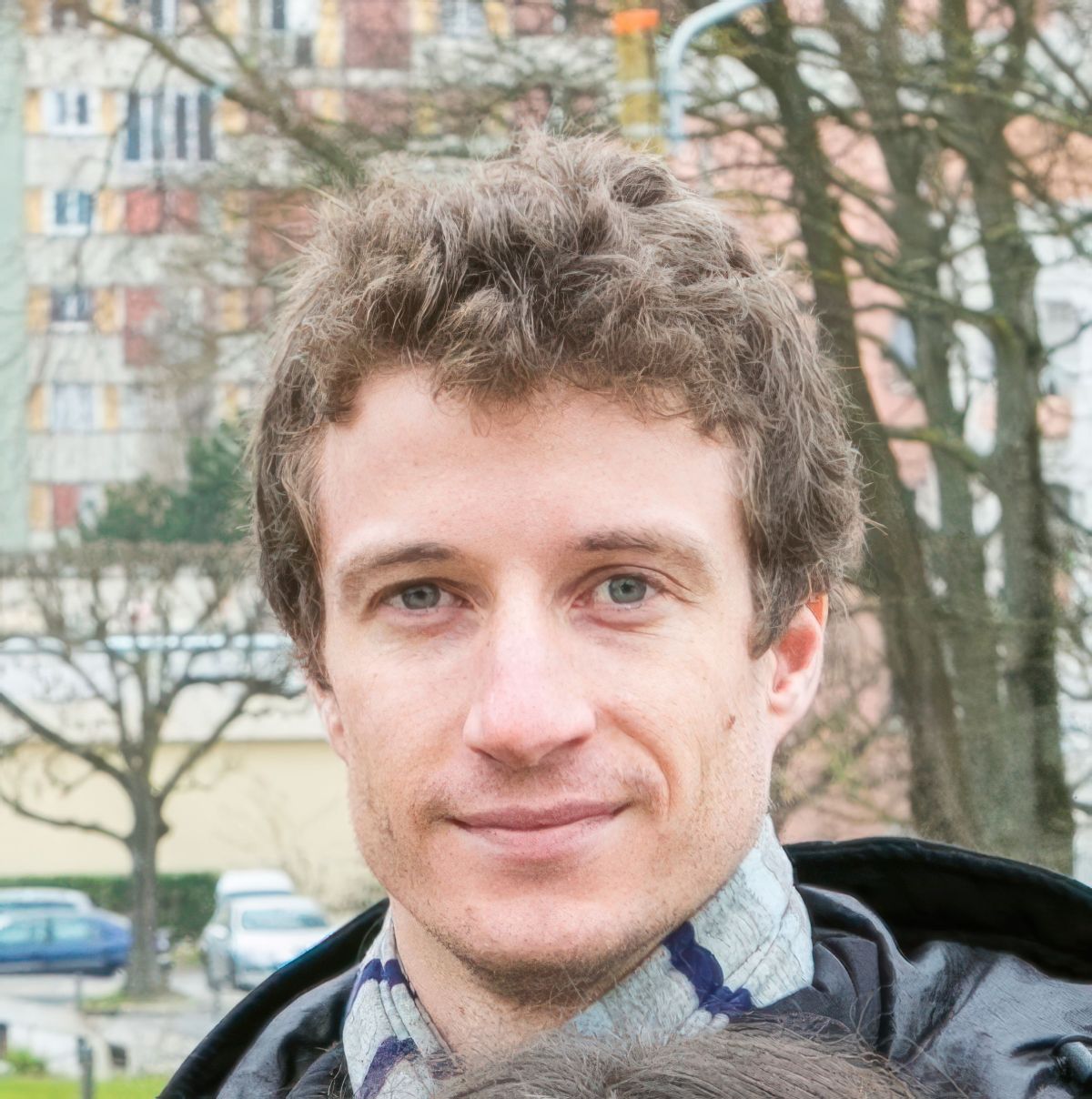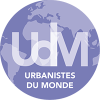Portrait

Thibault Hatton - STU 2010 - Contributor to Colours of the Future
Posted on | Alumni Portrait
Portrait by Cyprien Butin (GLM 2014)
From community development to urban social development
For this new alumni portrait, I met Thibault Hatton, who works at Couleurs d'avenir, a firm specialising in urban social development, and is a guitarist in his spare time.
2006-2010: Stellenbosch, the founding experience
As is the case with many track scientists, Thibault is very marked by his 3A, which he spent in South Africa. As a student at the University of Stellenbosch (near Cape Town), he followed a special programme focused on "community development", an Anglo-Saxon paradigm of local development based on the notion of empowerment.
In his own words, this means working with local people to find endogenous solutions to reverse the spiral of poverty in a disadvantaged neighbourhood or area. In parallel to his courses, he does a compulsory internship with the university's institutional coordination office where he is responsible for setting up HIV/AIDS prevention activities in an informal settlement in Stellenbosch.
Thibault's experience allows him to acquire a detailed knowledge of public health issues and to deconstruct many preconceived ideas about South Africa. The issues related to HIV/AIDS largely unite the new post-apartheid generation and make it possible to overcome an overly racial and Manichean vision of the country. The University of Stellenbosch, which under Apartheid trained mainly wealthy white students, is not - as one might expect - immune to HIV. Fully satisfied with his 3A, he decided to extend his stay by a gap year and continued to work in the same neighbourhood. When it came time to choose a master's degree, he hesitated between the more international PSIA masters and the Territorial and Urban Strategies (STU) master's degree, which he finally chose for the territorialized approach of public policies it offered.
2010-2014: On the ground in Africa and South America
For his end-of-study internship, he joined the international relations department of the Paris City Hall (DGRI) where he was in charge of processing grant applications from associations fighting against HIV in Africa - a priority of the Paris City Hall in terms of international solidarity. He also participated in the start-up of a large project to support decentralisation in Bamako and Ouadadougou on public health issues.
After graduating from Sciences Po, a VIA position at the French Institute of South Africa (IFAS) allowed him to return to South Africa for two more years. He jumped at the opportunity and discovered Johannesburg, very different from Cape Town, he says, while remaining in contact with the academic and research world.
Back in France, and wishing to go abroad again, he did a post-master's degree at the French Institute of Urban Planning (now renamed the Paris School of Urban Planning), focusing on international expertise in the cities of the South, and then joined the French Development Agency (AFD) in Bogota, as an intern. As with his first experience in South Africa, he acquired a detailed knowledge of the field (instruction of a project in Barranquilla, located on the northern coast of the country) and of the more social urban planning approaches developed in Medellin. He continued to work for the agency for a few months on a local contract and then participated in the organisation of an urban project management workshop in Cali, the third most populous city in Colombia.
Since 2015: On the ground in France
Back in France, after a complicated period, marked in particular by several job opportunities abroad that did not materialise, he decided to broaden his job search and joined Couleurs d'Avenir, an operator specialising in the regulation of local life issues on behalf of social landlords and local authorities. Very quickly, he was offered to work on a major project to redevelop run-down condominiums run by the Etablissement public foncier d'Ile-de-France (EPFIF). As coordinator of a MOUS (Urban and Social Project Management) on behalf of the city of Clichy-sous-Bois, his role is to accompany the inhabitants in this dynamic of change in parallel with the operations of opening up (extension of the T4 tram) and urban renovation carried out in the area.
So, in a way, it is a return to his roots for Thibault, even if he admits that this was not at all planned! By choosing to stay in France, he is aware that he is moving away from the international urban development sector, which he does not rule out returning to one day.
His advice to urban affairs masters students
Do not neglect personal development. Many graduates working in local or international development accept difficult working conditions in their first jobs at the expense of their personal development and well-being. It is important to keep a certain balance!
Frank Zschiegner - STU 2006 - Head of the economic development team at the agglomeration community of Versailles Grand Parc
Posted on April 10, 2016
In Situ met Frank Zschiegner in 2013, he was in charge of economic development for the city of Vélizy-Villacoublay: "Frank has been working in Vélizy for al…
Jean-Baptiste Delapierre - STU 2011 - in charge of attractiveness and economic forecasting at the "Economic Attractiveness and Employment" department of the City of Paris
Posted on January 18, 2016
In Situ went in December to meet Jean-Baptiste DELAPIERRE, who graduated from STU in 2011 and is in charge of attractiveness and economic forecasting in the "E…
 English
English  Français
Français 




